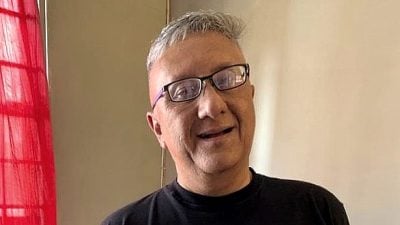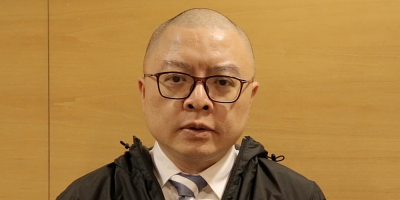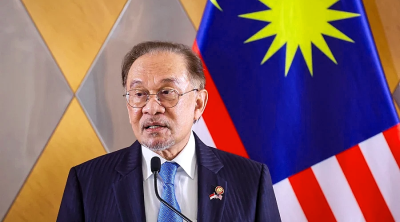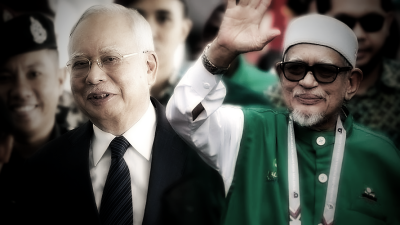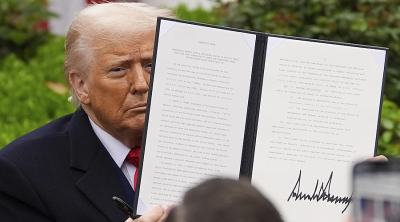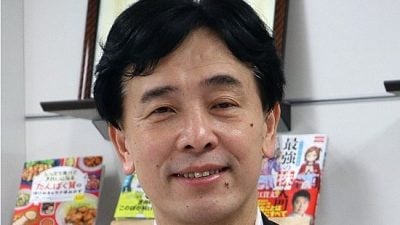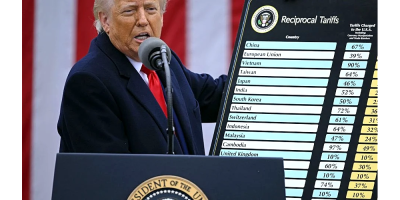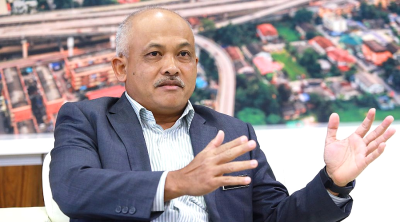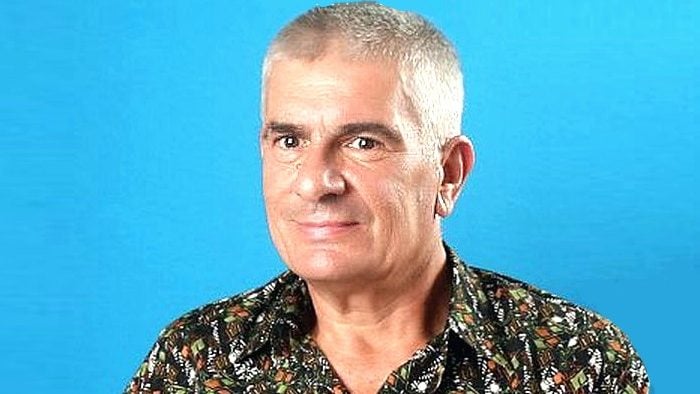
Prime minister Anwar Ibrahim’s long-anticipated and overdue cabinet reshuffle was announced on Tuesday.
The reshuffle comes almost 12 months to the day the cabinet was shown in by the YDPA.
Some see the reshuffle as an admitting of failure within some ministries, while others see the reshuffle as a refocus and fine-tuning in some policy and administration areas.
Generally, the reshuffle indicates that Anwar as prime minister will call the shots over the way his government will progress in the coming year policy-wise.
The number of ministers was increased from 28 to 31, and deputy ministers from 27 to 29, indicating the restrictions Anwar had to manoeuvre within to keep all stakeholders within the Unity Government satisfied.
This means the reshuffle was more a rearranging of deckchairs than any “outside of the box” move.
The only infusion of any non-partisan political appointment was the selection of Amir Hamzah Azizan as finance minister II.
Amir was the Employees’ Provident Fund (KWSP) CEO, and before that the CEO of Tenaga Nasional Berhad (TNB), Malaysian International Shipping Corporation (MISC) and Petronas Dagangan Bhd. This indicates the degree of coupling GLCs have within the economy.
Amir is believed to visualise the same philosophies that Anwar envisions for the economy, so should form a compatible matching.
Amir was sworn in as senator before the announcement of the new cabinet appointments later in the day.
A number of cabinet changes reflected general house-cleaning.
Dr. Zambry Abdul Kadir was moved from foreign affairs to education. Zambry was criticised for bad planning in many of Anwar’s international engagements, and his expertise may well be better suited in education, where he has been moved.
Khaled Nordin was moved from higher education to defence, a portfolio with more problems than higher education.
Umno deputy president Mohamed Hasan has been moved from defence to foreign affairs, a portfolio that could lead to greater things for Tok Mat, as he is known in case the Umno president ever has to step down due to health issues in future.
Second Deputy Prime Minister Fadillah Yusof, who was plantations and commodities minister, now has the energy transition and renewable energy portfolio.
Plantations and commodities portfolio will be taken over by veteran Umno MP Johari Abdul Ghani.
There appears to be a greater emphasis on adopting a much higher profile sustainability narrative which Fadillah should be more than competent to drive.
Fadillah will be directly responsible for Sabah and Sarawak affairs, where both territories are seeking more autonomy, particularly in energy matters.
Armizan Mohd Ali, who was responsible for Sabah and Sarawak affairs, has replaced the deceased Salahuddin Ayub as domestic trade and cost of living minister.
Dr. Zaliha Mustafa has been moved from the health portfolio to be a minister within the Prime Minister’s Department responsible for federal territories.
There has been some criticism about how she handled her health portfolio. However, taking over the federal territories portfolio could potentially be akin to jumping from the frying pan into the fire.
Historically, unexpected challenges always seem to blow up within this portfolio, which Dr. Zaliha will have to be strong to handle if and when any occurs.
Former health minister under the former Pakatan Harapan government 2018-20, Amanah’s Dr. Zulkifli Ahmad returns as health minister. He had a good record as minister.
Perhaps the biggest casualty of the cabinet reshuffle was the dropping of V Sivakumar from the human resources portfolio.
Some within the Indian community have taken issue with this. However, others such as Parti Sosialis Malaysia (PSM) claimed that Sivakumar would not consult with the community.
In addition, Sivakumar’s tenure as human resources minister was marked by an MACC probe into irregularities in the recruitment of foreign workers, although he was never a suspect.
Steven Sim has been promoted from deputy finance minister to a full minister in the human resources ministry, replacing Sivakumar.
Lim Hui Ying, daughter of retired DAP leader Lim Kit Siang and brother of former finance minister Lim Guan Eng, will take Steven Sim’s place as deputy finance minister.
Another loser in the cabinet reshuffle was communications minister Fahmi Fadzil, who sees his ministry cut into two.
Gobind Singh Deo, communications minister under the former Pakatan Harapan government, will head up the new digital ministry to focus on the implementation of the Malaysian digital Economy blueprint. This appears to be a mild rebuke on Fahmi’s performance.
Another casualty was former deputy minister of law and institutional reform Ramkarpal Singh, who was replaced by Kulasegaran Murugeson.
Umno’s Siti Aminah was replaced as deputy plantations and commodities minister, to be taken over by Chan Foong Hin, formerly the deputy agriculture and food security minister.
Chan’s position will be taken over by Arthur Joseph Kurup.
Former higher education minister Noraini Ahmad is now deputy minister of women, family and community development.
Akmal Nasrullah Mohd Nasir was replaced as the deputy minister for local government by Aiman Athirah Sabu. Abdul Rahman Mohamed was replaced by Ahmad Maslan as deputy minister of works. Mohammad Yusof was replaced by Mustapha Sakmud as deputy minister of higher education, while Mohammad Yusof was moved to science, technology and innovation.
One of the only new appointments was first-term Sungai Buloh MP Ramanan Ramakishnan, who is now deputy minister of entrepreneur and cooperatives development, replacing Saraswathy Kandasami.
Teo Nie Ching was appointed deputy minister of communications, Wilson Ugak Kumbong deputy minister of digital, and Wong Kah Woh deputy education minister.
For the Anwar administration, this cabinet reshuffle is intended to eliminate the weaknesses within, and help generate more popularity with the Malay constituency.
The East Malaysian states benefited from the reshuffle with more deputy ministers.
Some criticise the cabinet reshuffle for not taking out education minister Fadhlina Sidek from the line-up.
The reshuffle doesn’t point to any major changes in policy, except that the government can be expected to continue along the same economic strategies where GLCs might be expected to play a greater role in generating economic growth in 2024, with an economic slowdown expected.
Key ministers remain the same. There are no changes to the balance of power within the cabinet.
The reshuffle is an anti-climax to all the anticipation built up over the last few months.
Full list of the new cabinet line-up
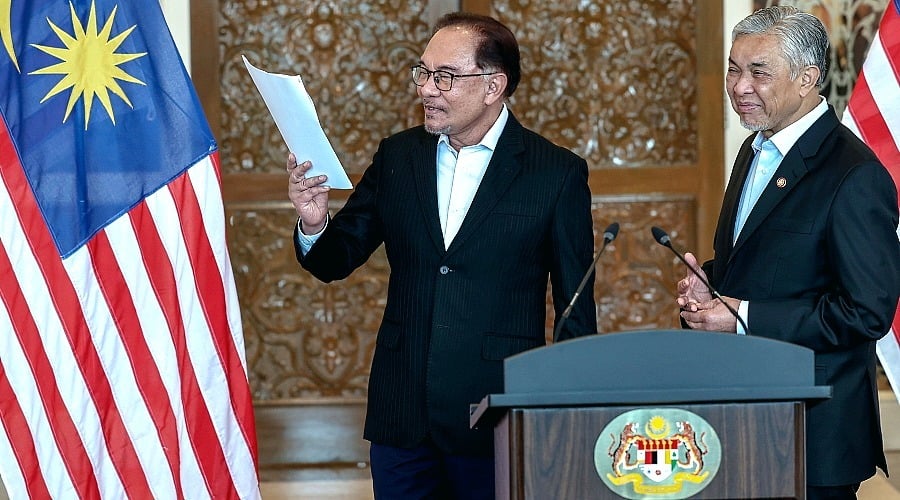
(Murray Hunter has been involved in Asia-Pacific business for the last 40 years as an entrepreneur, consultant, academic and researcher. He was an associate professor at Universiti Malaysia Perlis.)
ADVERTISEMENT
ADVERTISEMENT






